Quantum computer
A quantum computer makes use of the surprising properties of quantum physics to solve certain complex problems to which conventional computers cannot find a solution. The principal of quantum superposition in particular, according to which an object can simultaneously take on several states, makes it possible to perform several calculations at once and process very large amounts of data in a very short time. In 2015, Google and the NASA thus presented a quantum computer, aimed at simulating annealing calculations, that is 100 million times faster than a traditional computer! Its aim is to solve optimisation problems that the NASA faces, particularly in the aeronautical and astronautical fields.
Quantum computers offer new possibilities in many areas. They could for example contribute to the discovery of new drugs and new materials, thanks to the simulation of the structure and operation of large molecules. In computing, they could boost research in all fields of artificial intelligence research, such as machine learning (by speeding up the learning process of artificial neural networks) or data mining (thanks to faster exploration of larger amounts of data). In the area of cryptanalysis, quantum computing represents both a threat and an opportunity as it would make it possible to break current cryptographic systems, in particular asymmetrical ones, and would thus foster the creation of more robust systems.
It is nevertheless highly complex to produce quantum computers on a large scale because of quantum decoherence. Indeed, the states known as “quantum superposition” are extremely fragile: they vanish at the slightest external disturbance, such as the turning on of a light. And the higher the number of qubits (the basic unit of quantum information) the more unstable they are!
If some scientists say the universal quantum computer is only a dream, others believe it could see the light of day in less than five years’ time. In 2018, Google announced that it had developed a 72-qubit machine, the most powerful to date.
Read also on Hello Future

AI therapy: marketing hype and the hidden risks for users
Discover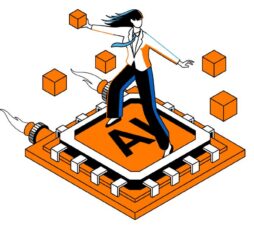
A lexicon of artificial intelligence: understanding different AIs and their uses
Discover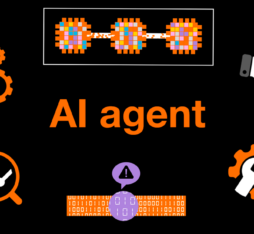
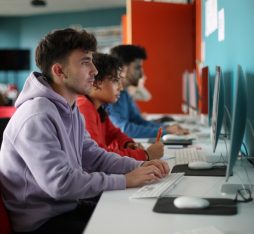
Devoxx France: “AI has ushered in a second revolution in the world of testing”
Discover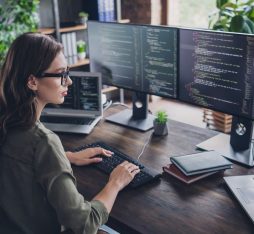
Artificial intelligence: how psychology can contribute to AGI
Discover
Data and AI Ethics Council, guarantor of responsible AI at Orange
Discover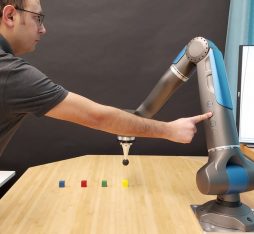
Machine learning for intuitive robots that are aware of their environment
Discover


